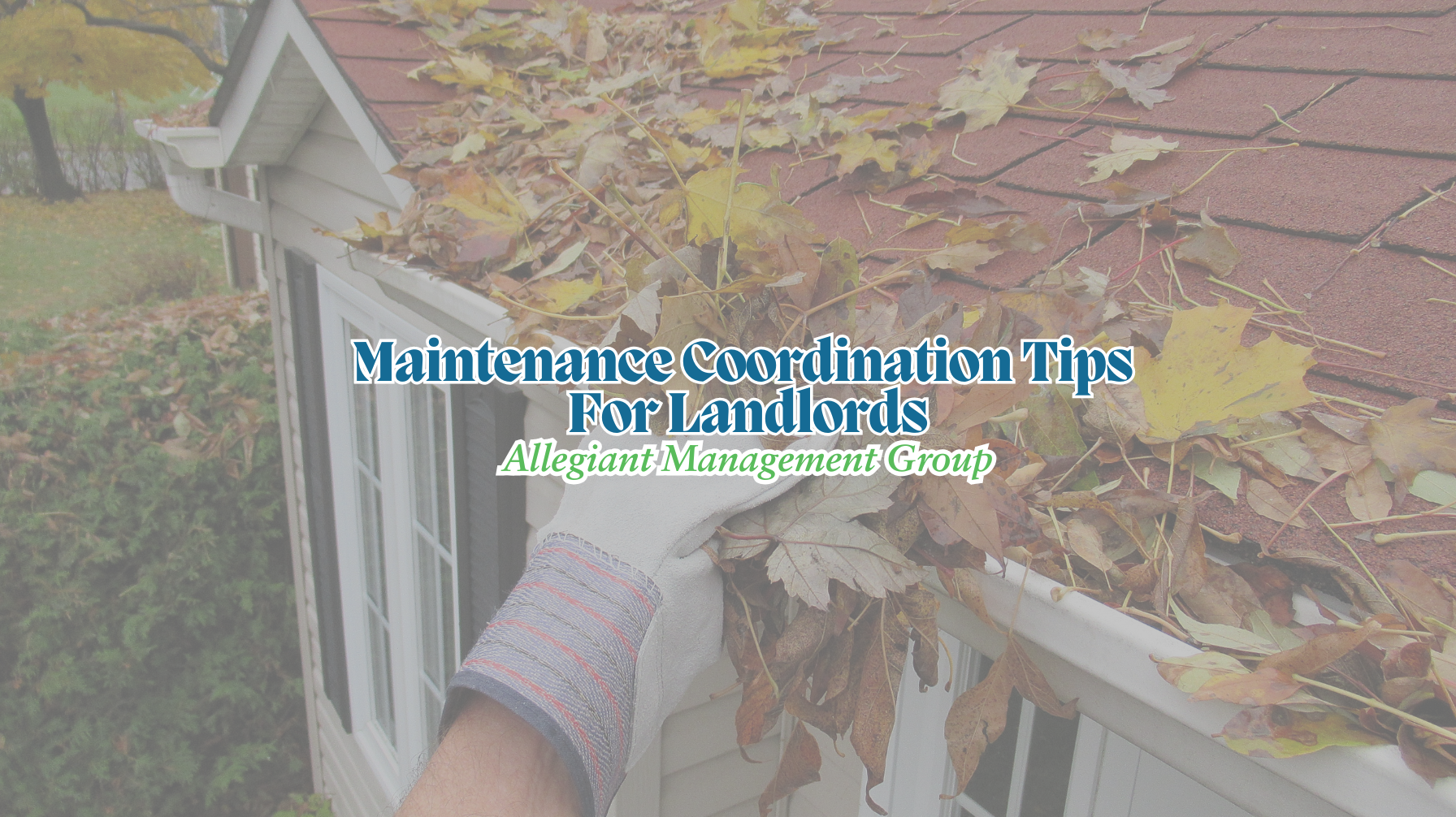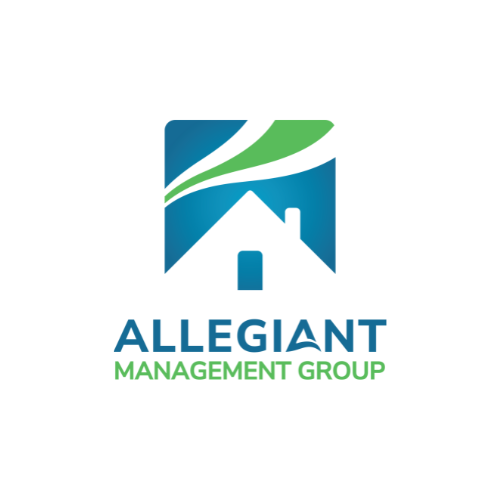Staying on Top of Your Maintenance Coordination at Your Rental Property
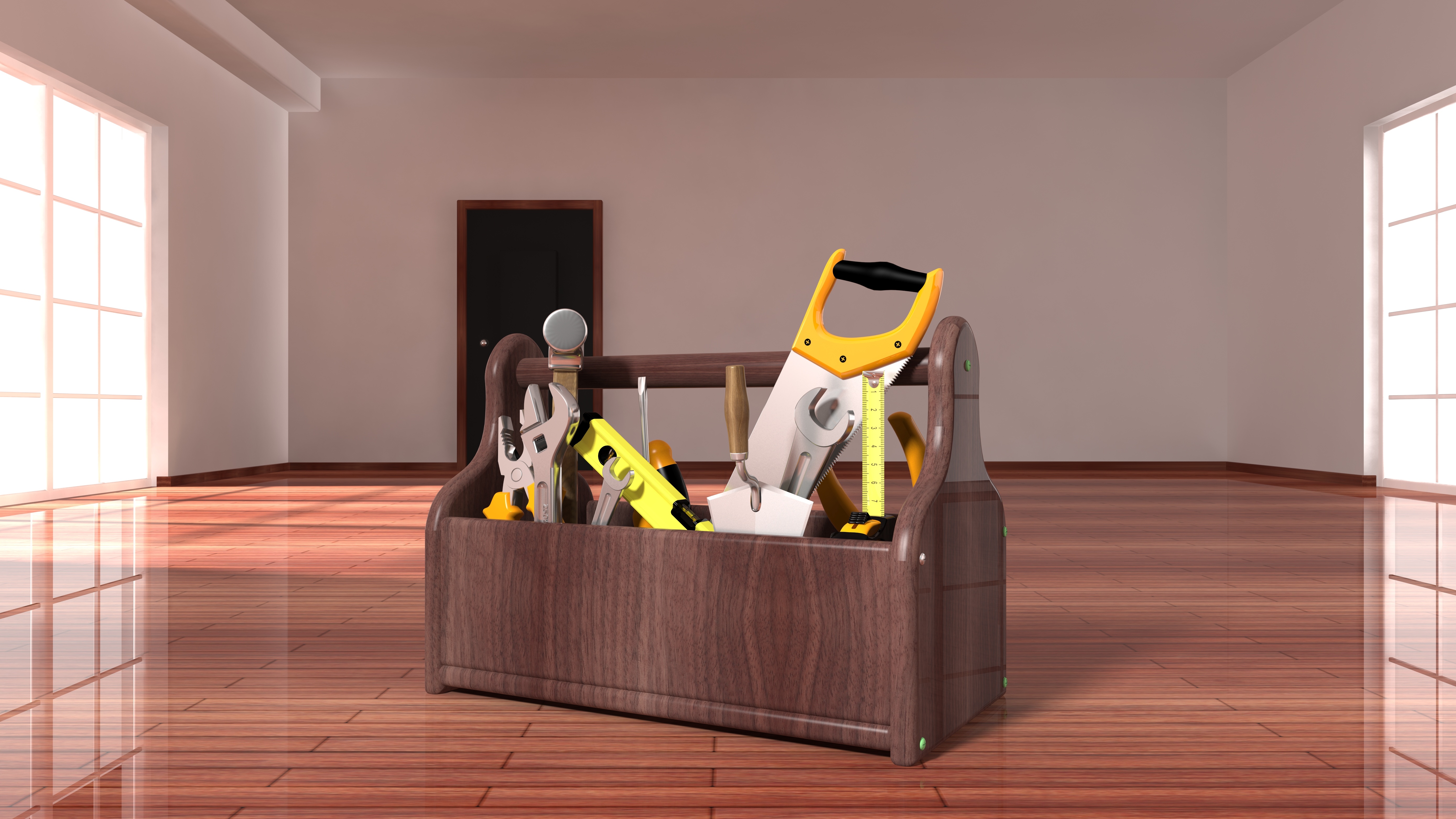
Central Florida is currently undergoing a rapid increase in rental vacancy rates, which means landlords need to be at the top of their game if they want to stand out in this competitive market.
One way to do this is by keeping your property in good repair. It's much easier to find new tenants or retain your existing ones when you take good care of your rental home.
Maintenance coordination is essential for staying up-to-date with your property management tasks. Read on for tips on how to get it right.
Create a Maintenance Coordination Calendar
Create a maintenance calendar for routine and preventive maintenance tasks. This helps you spread your costs out over time and carry out the work in manageable portions.
Some tasks to add to your list include:
- Fall gutter cleaning
- Pest control measures
- Annual roof inspections
- Bi-annual HVAC servicing
- Routine Septic drain field maintenance
This also makes scheduling maintenance easier and allows you to create standing arrangements with contractors.
Be sure to share your calendar with your tenants so they know what to expect. Remember, you must still give your tenants at least 12 hours notice before entering the property.
Communicate Effectively
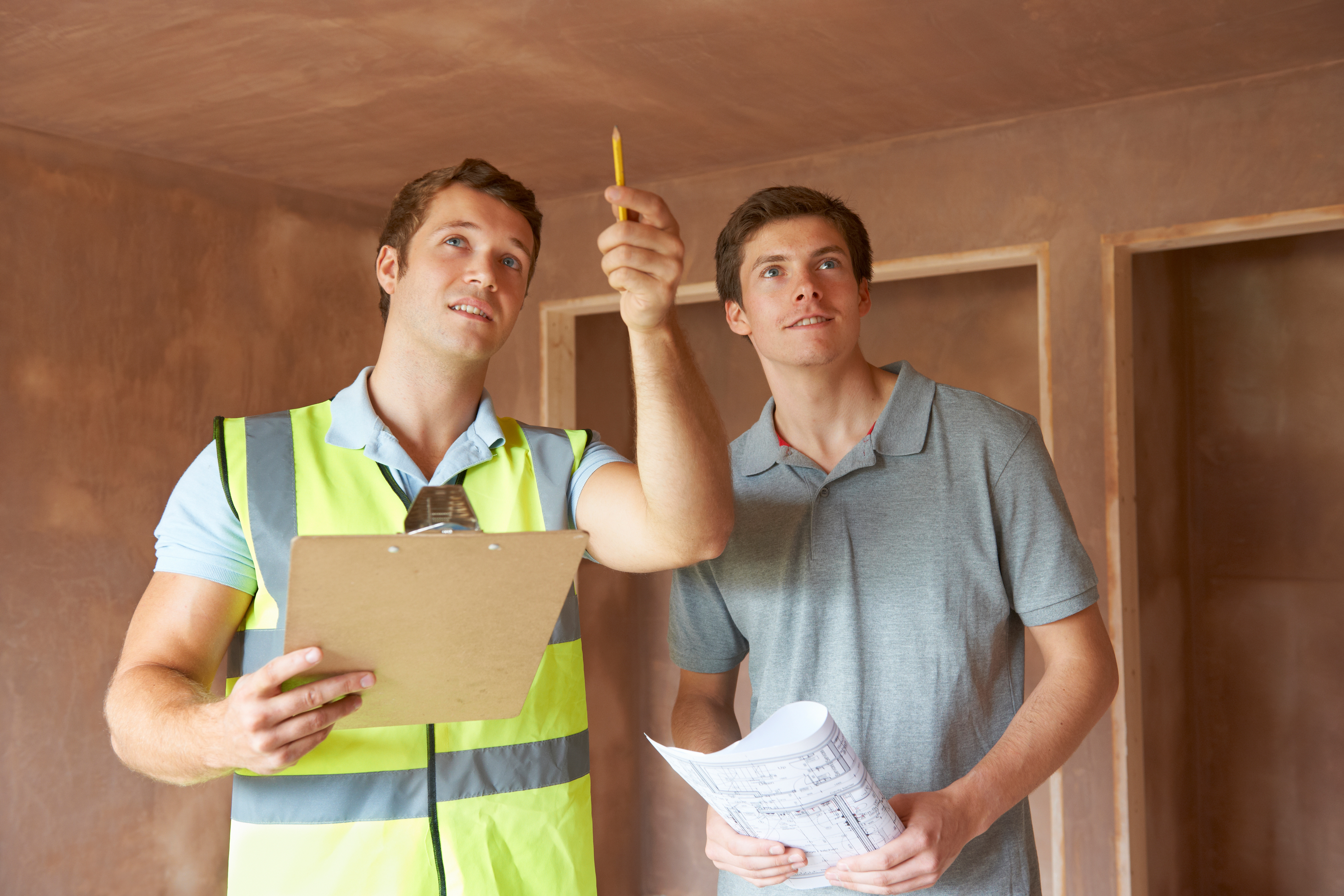
Clear-cut communication is vital for fostering good tenant relations. Set up an online owner-tenant portal for instant communications and effective record-keeping.
This technology allows you to manage emergency repairs or routine maintenance requests more effectively and helps you keep track of any work done.
Source the best local contractors and build relationships with them. When you have a team of regulars at your disposal, you often get a speedier response in emergencies and may even secure preferential prices.
Conduct Regular Property Inspections
Routine property inspections are a valuable tool for keeping track of property maintenance. Be sure to check your home inside and out for maintenance issues.
Some things to look for include:
- Water leaks
- Damage to siding or roof tiles
- Faulty appliances
- Malfunctioning smoke or carbon monoxide detectors
Paying attention to every detail during an inspection can reveal small issues early on. By attending to these promptly, you can prevent more serious problems and unnecessary maintenance expenses later on.
Establish Priorities
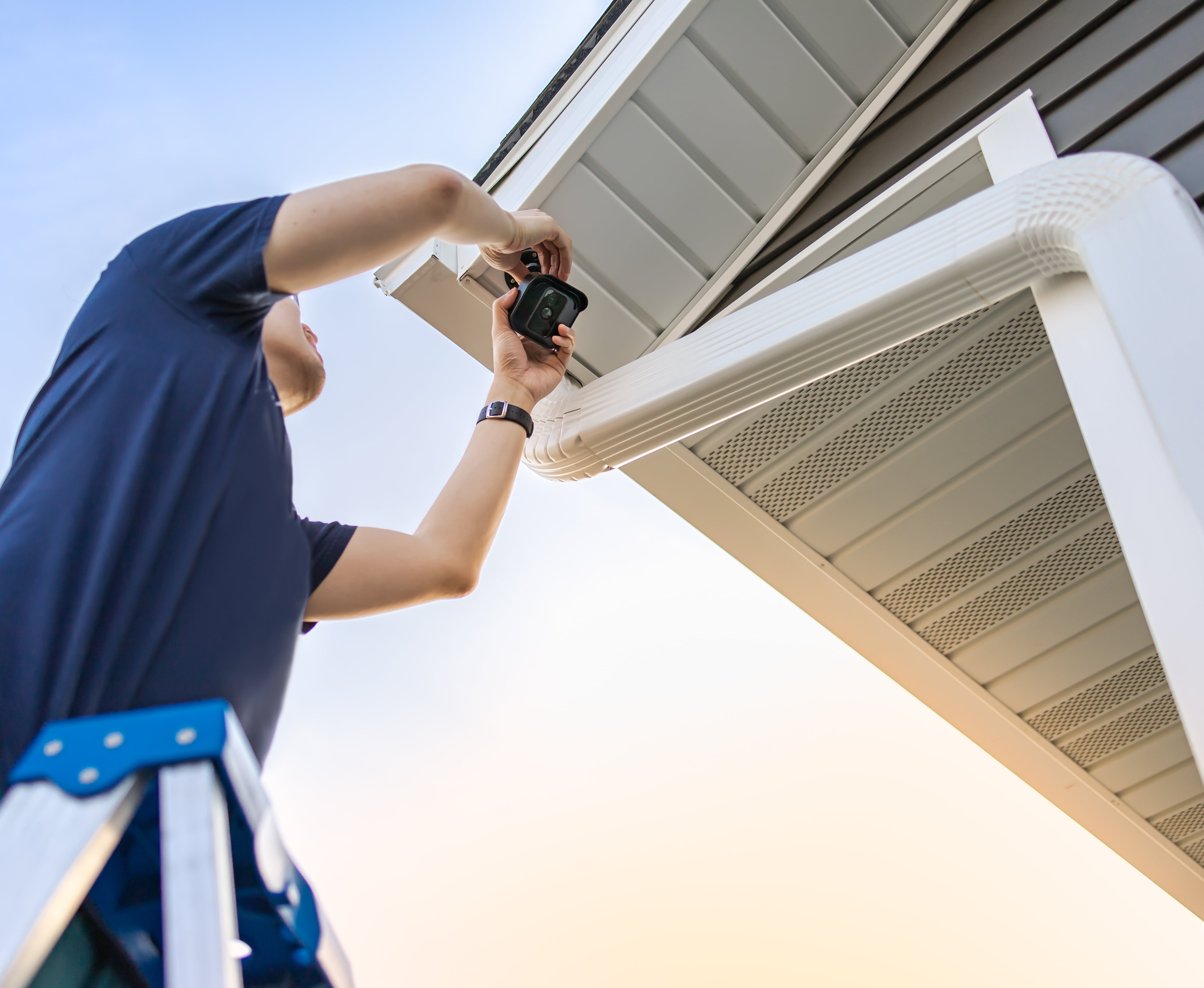
Attending to multiple maintenance issues at once can drain your resources. Learn how to prioritize maintenance issues to limit damage to your property and inconvenience to your tenants.
For instance, a leaking water pipe could flood your home and everything inside it. An HVAC system in need of servicing can probably wait until after you've resolved the water issue.
Maintaining a list of priorities helps you manage your budget more effectively to ensure the long-term success of your rental business.
Hire a Property Manager

A property manager can assist you with every aspect of maintenance coordination to help preserve the value and appeal of your property.
They have the skills to carry out property inspections quickly and effectively. Their existing relationships with contractors help facilitate fast, efficient repairs.
Allegiant Management Group is your top choice for property management services in Central Florida. Our team has dozens of years of combined real estate experience, and our in-house maintenance coordinator is at your service.
Explore an easier way to manage and maintain your Central Florida property today.
Frequently Asked Questions (FAQs): Staying on Top of Your Maintenance Coordination at Your Rental Property
Why is maintenance coordination important for my rental property?
Maintenance coordination ensures timely repairs, prevents costly damage, and keeps tenants satisfied. Proper upkeep preserves property value and reduces liability risks. Efficient coordination also minimizes vacancy periods by maintaining a well-kept rental, improving tenant retention, and complying with legal safety requirements.
How often should I schedule routine maintenance for my rental property?
Schedule routine maintenance quarterly for HVAC, plumbing, and safety checks. Inspect roofing, gutters, and exterior annually. Service appliances and deep-clean interiors biannually. Regular upkeep prevents costly repairs, ensures tenant safety, and preserves property value.
Can I require tenants to handle maintenance issues themselves?
Landlords can require tenants to handle minor maintenance like changing air filters or light bulbs, but major repairs must comply with lease agreements and local laws. Essential systems like plumbing, heating, and electrical remain the landlord’s responsibility under most housing regulations.
How do I handle emergency repairs at my rental property?
Handle emergency repairs by responding immediately, assessing the issue, and contacting a licensed professional. Notify tenants of the repair timeline and document all actions. Ensure 24/7 availability for urgent issues like plumbing leaks, electrical failures, or heating outages to comply with legal requirements and maintain tenant safety.
How can I prevent maintenance issues from becoming expensive repairs?
Prevent costly repairs with regular inspections, prompt fixes, and tenant education on proper usage. Schedule routine HVAC, plumbing, and structural maintenance. Address minor issues immediately to avoid escalation. Keeping up with preventative care extends the lifespan of property systems and reduces emergency repair costs.
What are the best ways to communicate with tenants about maintenance?
Communicate maintenance updates through emails, texts, or a tenant portal for clarity and record-keeping. Provide clear instructions on reporting issues and expected response times. Regularly send maintenance reminders and emergency contacts to ensure tenants stay informed and proactive.
How much notice do I need to give tenants before scheduling maintenance?
In Florida, landlords must provide at least 12 hours’ notice before entering a rental for non-emergency maintenance. No notice is required for emergencies. Lease agreements may specify longer notice periods, but state law mandates a minimum of 12 hours.
How do I find reliable maintenance contractors?
Find reliable maintenance contractors by checking online reviews, verifying licenses and insurance, and asking for referrals. Get multiple quotes, sign written agreements, and prioritize responsiveness. Local landlord associations and property management companies can also recommend trusted professionals.
What are common seasonal maintenance tasks for rental properties?
Seasonal maintenance includes HVAC servicing, gutter cleaning, and weatherproofing in fall; pipe insulation and heating checks in winter; landscaping and pest control in spring; and AC servicing with exterior upkeep in summer. Regular seasonal tasks prevent costly damage and keep the property in top condition year-round.
Should I hire a property manager for maintenance coordination?
Hiring a property manager for maintenance coordination saves time, ensures timely repairs, and improves tenant satisfaction. They handle contractor scheduling, emergency repairs, and routine upkeep. This is beneficial for landlords with multiple properties or those wanting hassle-free management.


